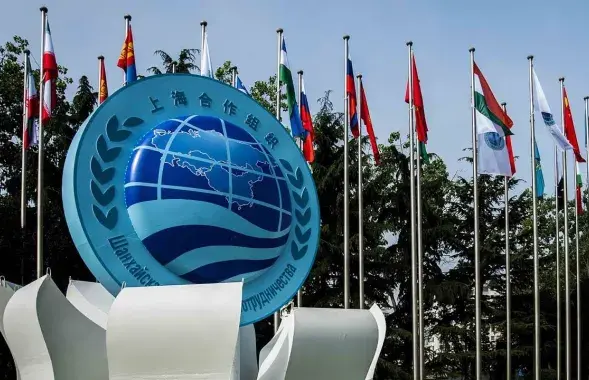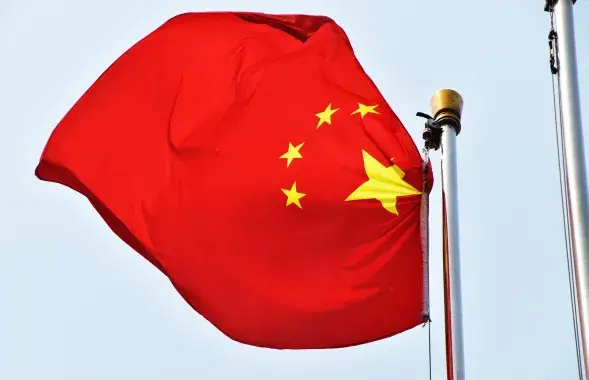Will Belarus ban imported vegetables?
Experts are currently in the process of determining which imported products are to be subjected to restrictions. Apparently, the measure will target the products that can be easily substituted with domestic analogues.
This week, President Lukashenka visited the Minsk vegetable factory, which launched 17 hectares of new greenhouses.
The European Radio for Belarus decided to find out what was going to happen if the import of vegetables and fruits was to be limited.
First, we approached the fruit-growing research institute at the National Academy of Sciences, where we were told that Belarus had enough apples to fill all the market-places across the country and to refuse completely from the foreign-grown analogues.
“Orchard farmers will create a sufficient supply up to 2010 on condition that the national fruit-growing program will be funded properly. The program has been developed for the period of up to 2010. If everything goes fine in terms of funding and if the local authorities do not create obstacles for the implementation of this program, we would have produced enough both for domestic consumption and even for export,” Anatol Kryvarot, the deputy director of the fruit-growing research institute at the National Academy of Sciences told our radio.
Our correspondent went to the major market place in Minsk – Kamarouski Rynak – to find out which apples – Belarusian or foreign – are in demand more often. According to the poll of vendors, the foreign apples won.
Vendor: “People tend to buy imported apples more often, because, the Belarus-grown apples do not have the taste of the foreign ones.”
The situation is similar with vegetables. We spotted only one vendor who was selling tomatoes, grown at Zdanovicy, near Minsk… At the same time, the market was filled with Turkish tomatoes, which also turned out to be cheaper than the Belarusian ones.
To find out which vegetables are grown in this country, the European Radio for Belarus called the Minsk vegetable factory.
“Presently, we are growing cucumbers, tomatoes, peppers, eggplants. This year, we have also started growing green onion and lettuce. In the future, we will build new greenhouses (3 hectares), where we will grow cucumbers and tomatoes throughout the whole year.
So far, in November, December, January, February, when there is little sunshine, we do not have our products. But, when we finish building new greenhouses, this gap will be closed,” Uladzimir Kapejka, the factory’s deputy director said.
At Kamarouski market-place, one can hardly find the Belarusian vegetables, besides potatoes and carrots. For example, when our correspondent asked for the Belarusian pepper, the answer was as follows:
Vendor: “The Belarusian pepper will be in the autumn only. Presently, there are very little Belarus-grown vegetables, mainly the imports. There are Belarusian apples, carrots, potatoes, red beats – the leftovers from the last year’s harvest. The Belarusian tomatoes are not there yet. The season for them will be in summer from June through October.”
What happens if we are still to be deprived of 40 percent of imported products? We asked Vasil Liavonau, Belarus’s former agriculture minister, to share his views on the situation.
“Definitely, there will be the price growth. If there is no competition, the price growth is inevitable. If the imports are restricted, the Belarusians, too, will face some trade restrictions…
You cannot just close your market and wait for the others to open their. It is not going to work out. Look what happened to our trade with Russia. First, Belarus put restrictions on beers, etc… This is an attempt to isolate Belarus from the other countries. However, those countries which isolate themselves eventually end up in trouble,” the former minister said.
Market vendors do not support the proposed measure either. When we explained that imported foodstuffs could soon disappear, we faced a very emotional reaction.
Vendor: “How come? Which collective farm will be bringing everything here? Will it be able to grow it all? If there are no imported products, there will be no market here! There are no Belarusian products in groceries, either. What will they sell in winter? Let’s see if it happens, but I am really doubtful…”
Photo by photo.bymedia.net

















